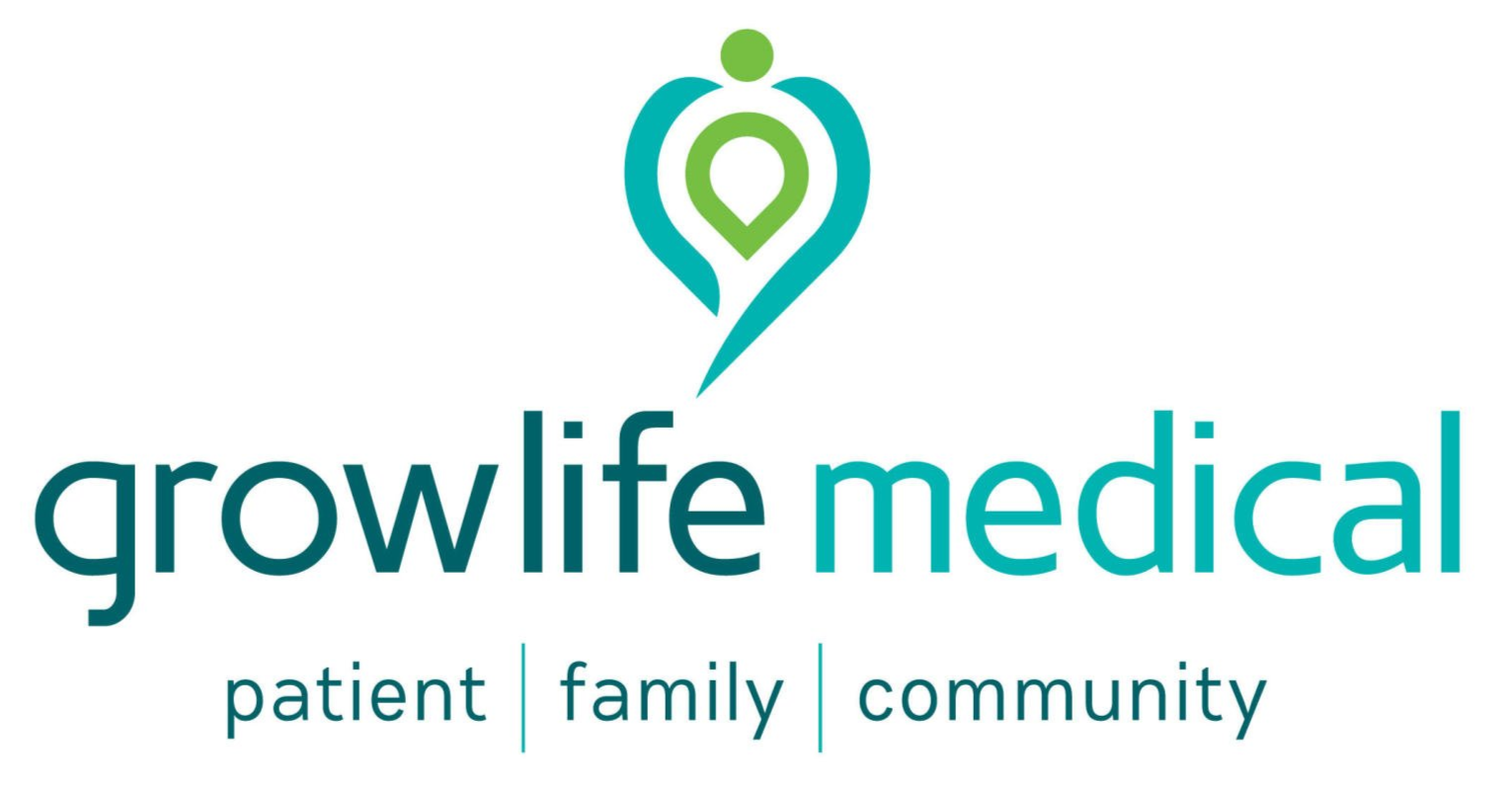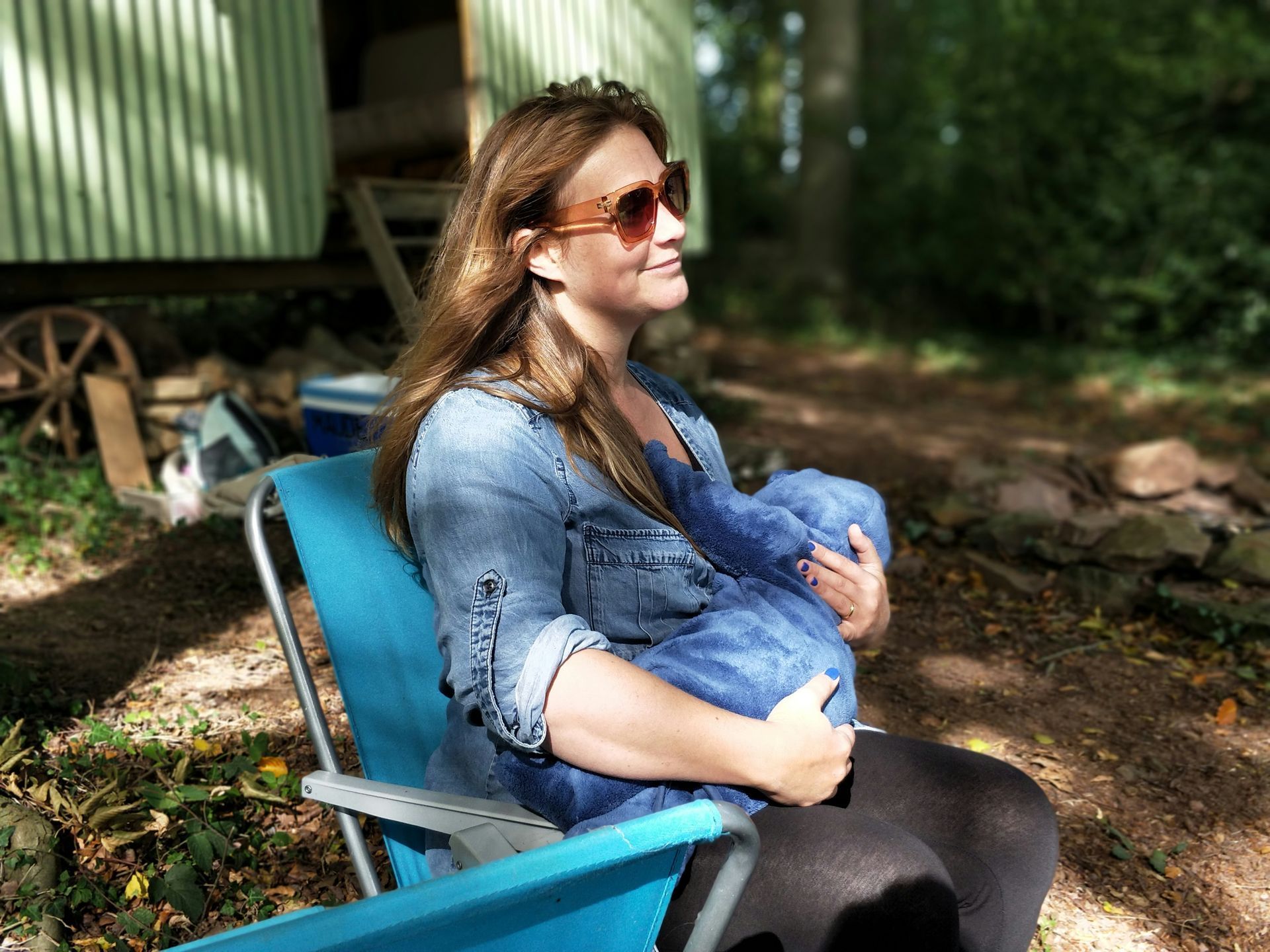Common Breastfeeding Problems
When breastfeeding is difficult, painful or the mother is not producing enough milk for her baby, feelings of guilt or inadequacy can arise.
These feelings are almost unavoidable due to the social pressures surrounding breastfeeding. However, it is important to not let them overtake you. There is help available...
Growlife Medical looks at some common breastfeeding problems including breastfeeding pain, mastitis, and the role of a lactation consultant providing breastfeeding support.
Breastfeeding Pain
The breasts are a very sensitive area. Cracked nipples, infection, thrush, raynauds of the nipple, latching difficulties or the breast not being properly drained can be the cause of great discomfort and cause breastfeeding pain.
One of our friendly lactation consultants from Growlife Medical's lactation consultant service
can help you identify, address and hopefully eliminate the cause of the pain or the breastfeeding issues causing mother and baby frustration.
Mastitis
Mastitis
is an inflammation of the breast that is sometimes accompanied by flu-like symptoms. This condition may lead to progressive infection or abscess if not promptly treated.
There are many causes of mastitis, a lactation consultant can provide you with the assistance you need to prevent or alleviate the symptoms of mastitis particularly by helping you with any latching issues your baby may have.
This may help prevent the onset of mastitis caused by overfilled breasts. We recommend that you immediately visit your doctor if you think you have mastitis.
Breastfeeding Positions
The only correct breastfeeding positions is the position that works best for you and your baby. There are almost a dozen different positions that address many unique needs. There are positions that can help if your baby is having problems with acid reflux. There are also positions that are best if you are recovering from a cesarean.
Experts like our Sam Foster
or Sonja Morgan
whose years of experience around antenatal and postnatal care of mothers, as well as care for newborns can give you unique insight into how best to hold your baby during feeding time.
Thrush Breastfeeding
Another cause of pain during breastfeeding is thrush a yeast infection of the nipple and breast caused by the Candida albicans fungus. Thrush breastfeeding pain can be severe and may cause a mother to end breastfeeding before she or her baby is ready. The pain is usually very sharp, the nipple may be red and pain is worse particularly at the start of a feed. Your baby may have white plaques that may bleed inside their mouth, particularly on the cheeks.
It is best to get assistance from your GP and a lactation consultant
as soon as possible if you suspect thrush.
It is possible to continue breastfeeding while being treated for thrush. However because thrush is highly contagious it can cause mother and baby to be caught in a cycle where they are continually reinfecting each other.
While breastfeeding is natural, even instinctive, the idea that breastfeeding should come easy to a mother is a myth. It is a learned skill like any other and becomes less challenging with practice. No one expects to ride a bicycle like an expert on their first go. Feel free to take your time, as you and your baby learn how you fit together in this world.
How to Increase Breast Milk Supply
One of the common concerns mothers have around breastfeeding is the worry that their child is not getting enough breast milk. A qualified lactation consultant
can help guide you through several ways on how to increase breast milk supply. One of the first issues they will address is the fit and hold or "latch" between you and your baby. Addressing latch issues may help, as if the baby is not latching properly there is a greater chance your breasts are not emptying efficiently. This can result in symptom in your baby of crying (due to hunger and frustration), and poor weight gain.
They can advise you as to whether or not you should adjust the frequency of your baby’s feeds or feeding time. This means that your breast will empty more quickly, causing the rate at which you produce milk to increase.
Your lactation consultant can also teach you breast compression methods, a technique that stimulates and increases the flow of breast milk.
Remember, the more your breasts empty the more they refill. If your baby is not latching and as a result not getting sufficient milk, this may create a real catch 22.
Breastfeeding Support
Lactation consultants are professionals who provide breastfeeding support to mothers who are experiencing breastfeeding issues. They will address your feeding challenges including but not limited to low milk production, babies who are having trouble latching onto the nipple, sleepless babies, low weight gain or painful breastfeeding.
In these instances the service of a lactation consultant are invaluable. Lactation Consultant Sam Foster provides education, support and assistance in the comfort of your own home, or at one of our clinics. Dr Sonja Morgan
is a GP lactation consultant who can assist with complex breastfeeding or newborn difficulties at our Highgate Hill
practice.
Sam and Sonja form Growlife Medicals professional and holistic lactation consultant service
and an empowering approach to breastfeeding support, as well as help with other feeding, sleeping and settling issues.
The Australian Breastfeeding Association
(ABA) runs the National Breastfeeding Helpline 1800 mum 2 mum (1800 686 268). The Breastfeeding Helpline is available 24 hours a day, 7 days a week. It is staffed by trained, volunteer counsellors who answer calls on a roster system in their own homes.
Lactation Consultation
Growlife Medical offers a holistic and empowering approach to breastfeeding support. Our lactation consulting team
provide education, support and assistance in the comfort of your own home, or a consultation at one of our clinics.
Book an appointment with Sonja Morgan
who's expertise include contraception, antenatal and postnatal care of mothers, as well as care for newborns.
Book a consultation
with Grow Medical today.







